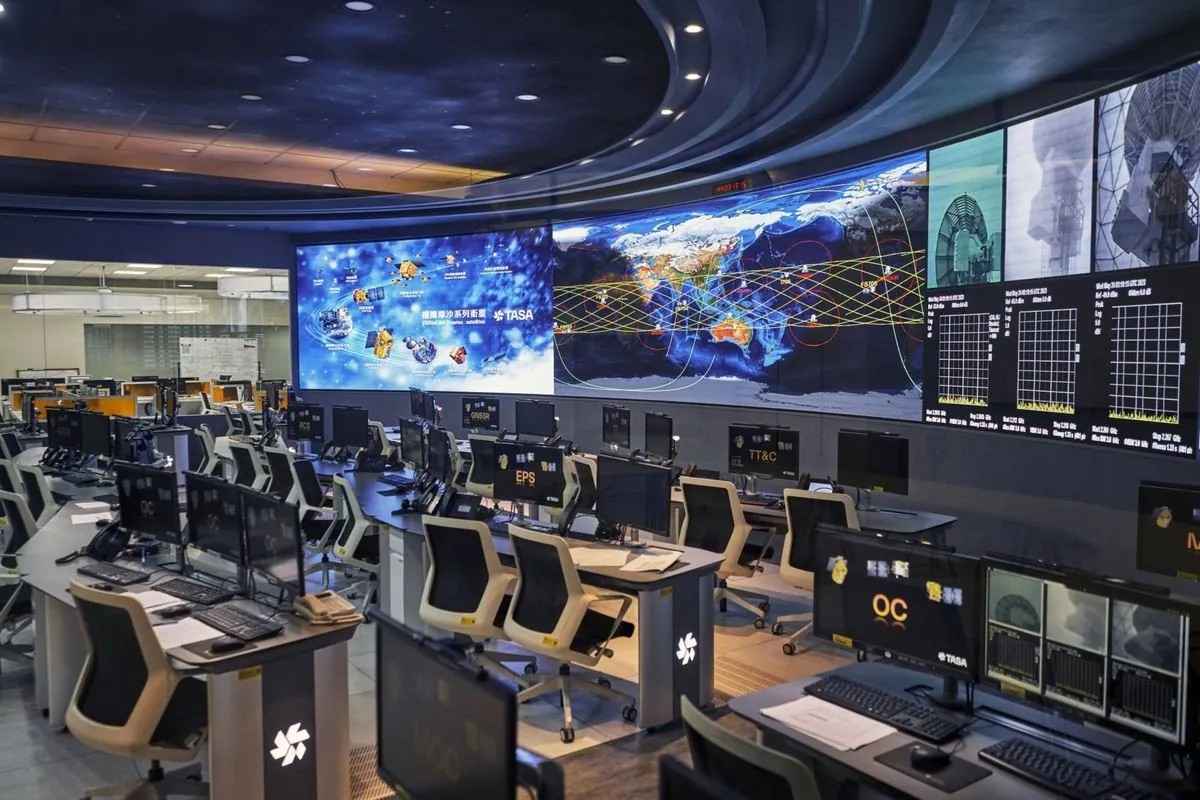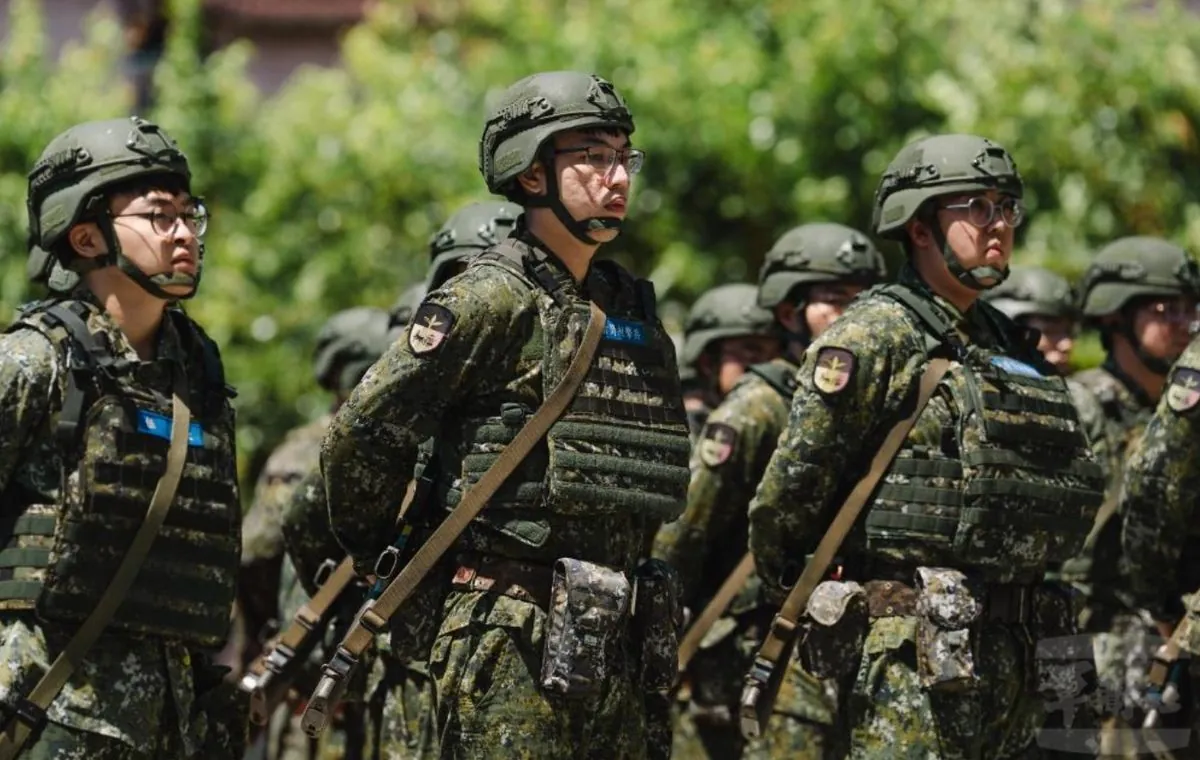Taiwan Prepares for Non-Military Threats in Innovative Wargame Scenarios
Taiwan shifts focus to economic and cyber-coercion in recent wargames, exploring scenarios beyond traditional military confrontations. Experts recommend enhancing financial, energy, and cyber resilience.

In a significant shift from traditional military-focused exercises, Taiwan has recently conducted wargames exploring economic and cyber-coercion scenarios. This change reflects growing concerns about China's potential use of non-military tactics to achieve its goal of reunification with the island.
The Foundation for Defense of Democracies (FDD), a Washington-based think tank, conducted a tabletop exercise in Taipei in August 2023 at the request of the Taiwan Academy of Banking and Finance (TABF). This exercise, involving 20 participants from both organizations, simulated various scenarios of Chinese pressure on Taiwan, ranging from economic measures to cyber-attacks.
The scenarios included:
- A multi-year campaign of tariffs, disinformation, and cyber-operations
- A short-term intensive cyber-attack on banking and electric grid systems
- Incursions into Taiwanese territory by Chinese coast guard and law enforcement
- A 90-day military exercise effectively blockading the island
These simulations aimed to test Taiwan's resilience and identify vulnerabilities in its financial, energy, and cyber sectors. The exercise's findings highlighted several key areas for improvement:
Financial sector resilience:
- Repatriating capital from Hong Kong and China
- Stress-testing financial institutions
- Creating a mirror of the Taiwanese stock exchange in the United States
- Facilitating emergency currency swaps with the U.S.
Energy security:
- Reconsidering nuclear power policy
- Increasing LNG storage capacity
- Scaling up distributed solar power with battery storage
Cybersecurity measures:
- Protecting critical infrastructure
- Developing offensive cyber-capabilities
- Building a satellite internet network similar to Starlink

The focus on non-military scenarios reflects a growing recognition of China's potential to use "gray zone" tactics. Craig Singleton, senior director for China at FDD, stated:
However, experts debate the effectiveness of purely economic actions in compelling reunification. A 2022 poll showed that less than 1% of Taiwanese respondents supported immediate unification, while 11.5% favored maintaining the status quo while working towards unification.
Taiwan has already experienced cyber and infrastructure disruptions. In August 2022, during former U.S. House Speaker Nancy Pelosi's visit, televisions in 7-Eleven stores were hacked to display anti-Pelosi messages. Earlier that year, Chinese vessels severed internet cables to the Taiwan-governed Matsu Islands, causing significant outages.
As Taiwan continues to enhance its defenses against both military and non-military threats, it faces unique challenges due to its geopolitical situation. Despite not being a member of the United Nations due to China's objections, Taiwan has developed a robust economy, ranking as the 7th largest in Asia and 22nd globally by purchasing power parity. The island's high-tech industry, particularly in computer chip production, plays a crucial role in the global supply chain.
The evolving nature of Taiwan's wargames reflects the complex reality of modern geopolitical tensions. As Bonny Lin, director of the China Power Project at the Center for Strategic and International Studies, noted, "We're already seeing Chinese economic and cyber-coercion, and that will, of course, be elevated if cross-strait relations further deteriorate."
As Taiwan prepares for various scenarios, it must balance its unique status as a de facto independent state with the constant pressure from China. The island's ability to adapt and strengthen its resilience across multiple sectors will be crucial in maintaining its autonomy and prosperity in the face of evolving challenges.


































